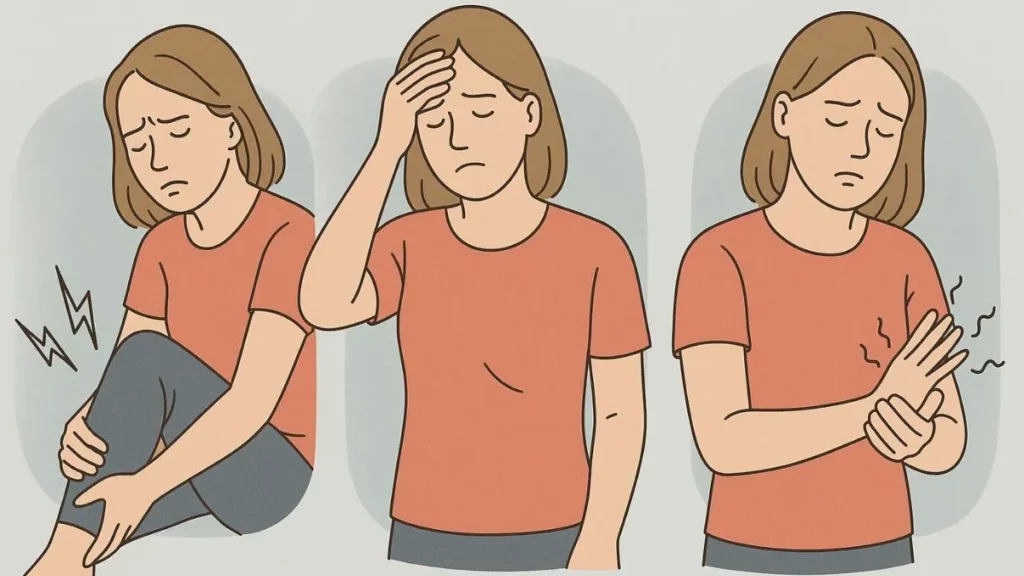
What Is Magnesium and Why Is It Important?
When you diet doesn’t have enough magnesium, you tend to suffer from its deficiency, which can eventually affect bodily functions. Here are some silent signs of magnesium deficiency that you shouldn’t ignore.
Magnesium is a macronutrient that is required by the body for several important functions. Macronutrients are those that are required by the body in large quantities as they are important for energy, growth and several other functions of the body. Magnesium plays a very important role in the body and hence, it is crucial that you get the required amount of magnesium from your diet everyday.
When you diet doesn’t have enough magnesium, you tend to suffer from its deficiency, which can eventually affect bodily functions. There are several symptoms of magnesium deficiency but these can be confused with symptoms of other condition. Here are some silent signs of magnesium deficiency that you shouldn’t ignore.
Muscle Cramps and Twitches
Frequent muscle cramps, twitches, or spasms, especially in the legs, can be an early sign of low magnesium levels. Magnesium plays an important role in muscle function, and its deficiency can cause abnormal nerve impulses and muscle contractions.
Fatigue and Weakness
Feeling unusually tired even after rest could be a sign of low magnesium levels. This mineral is important for energy and a deficiency in this mineral can reduce your cellular energy, which eventually causes fatigue and weakness.
Irregular Heartbeat
Magnesium plays an important role in the function of heart muscles and helps maintain your heartbeat. When you have a deficiency, it can result in palpitations, irregular rhythms (arrhythmia), or even chest tightness.
Numbness and Tingling
Tingling sensations or numbness in hands, feet or face might be a sign of nerve dysfunction that is caused by magnesium deficiency. Magnesium helps to regulate nerve signals and its absence can disrupt the normal functioning of the nerves.
Cravings for Chocolate or Salt
If you have frequent cravings, especially for dark chocolate, could a sign of low magnesium, as chocolate is a rich source of the mineral. Your body might also crave salty or processed foods to compensate for the imbalances of minerals, which also includes magnesium.
Disclaimer: Tips and suggestions mentioned in the article are for general information purposes only and should not be construed as professional medical advice. Always consult your doctor or a dietician before starting any fitness programme or making any changes to your diet.